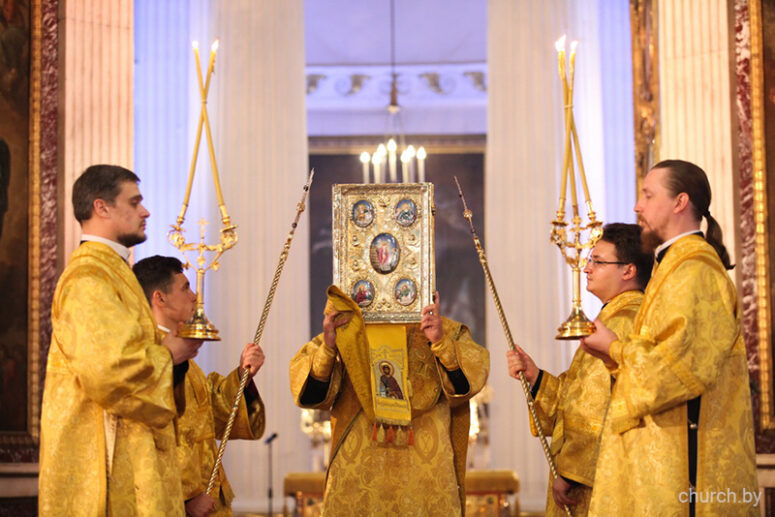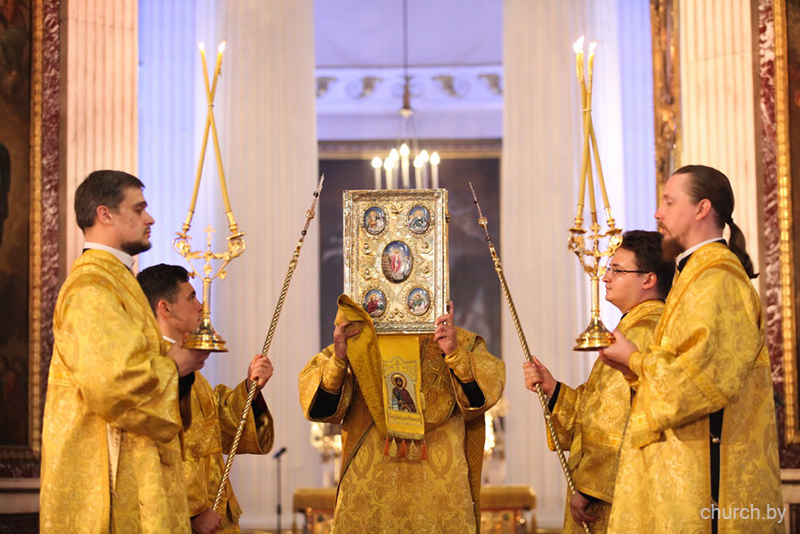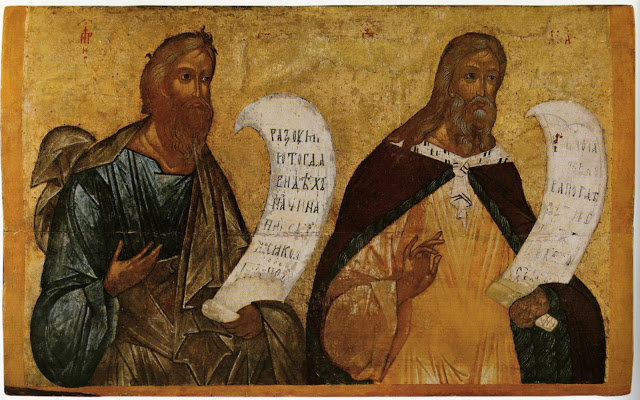
We have received the following question from one of our readers: Why does not the Church implement the currently spoken languages that are easier for people with limited church backgrounds to understand?
To be fair, the rules of many local Orthodox churches not only permit the use of modern national languages in worship, but mandates it on a par with the old liturgical languages, and in many cases to their exclusion.
The Orthodox Church of Bulgaria uses two languages of worship simultaneously – Bulgarian for scripture readings, and Church Slavonic for the hymns. The reason is that Bulgarian translations are not available for many hymns. Whenever possible, worship is conducted in a current local language. There are still some parishes that worship in Church Slavonic. Similarly, the Serbian Orthodox Church worships in Serbian and in Church Slavonic, with Serbian being more common. In the Romanian Orthodox Church, Church Slavonic has been poorly understood by most worshippers, and hence Romanian has been the language of worship since the 18th century.
In Africa, the Orthodox Church of Alexandria stands out among most other Orthodox Churches by its use of multiple languages. It worships in ancient Greek, Arabic, English, French and over 50 ethnic languages.
Some Churches – such as the Orthodox Church of Constantinople, the Church of Greece, or the Japanese Orthodox Church worship in the now obsolete forms of local literary languages that are still understood by the faithful, such as Katharevousa (spoken in 19th and 20th century Greece), or Bungo (spoken in the 19th and 20th century in Japan).
On the question of the liturgical language, the Russian Orthodox Church is on the more conservative end. Still, it practices conducting parts of its services in modern Russian (such as readings from the Gospel and the Apostle). Some services are celebrated exclusively in modern Russian. Many Church authors from Russia (e.g. Priest Georgy Kochetov, Hegumen Soluan (Tumanov), Archimandrite Theognost (Pushkov) are working on modern Russian translations of liturgical texts. However, complete translation of all the texts is still not on the table, due to lack of strong demand. Church Slavonic is valued for its poetic sound and is still preferred among a large part of the laity and clergy. Historically, several national variants of Church Slavonic have been used across the churches, representing its local adaptations to suit the local needs.
In general, it is not completely fair to assert that the Church is fully averse to modern languages. At Church, language is not treated as an absolute. As we read in the Gospel, “The Sabbath was made for man, not man for the Sabbath.” (Mark 2:27). Where old liturgical languages are still valued and understood by the believers, transition to the use of modern languages is not a high priority. Where they are no longer understood, the transition to the use of modern languages is complete or is still underway. Some churches have had no history of using an old liturgical language and hence have not needed the transition.




